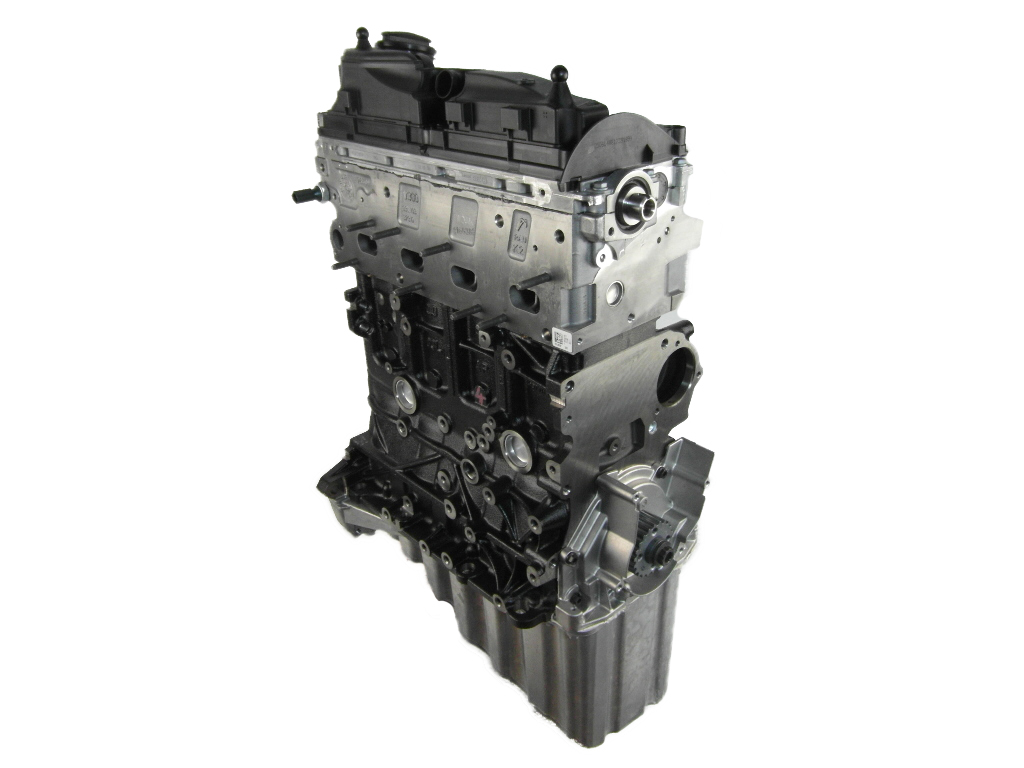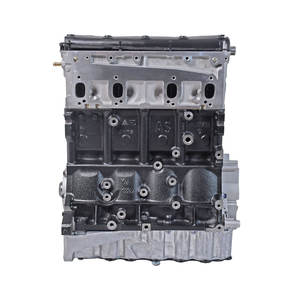Navigating the Refine of Engine Option: Key Elements to Take Into Consideration
The procedure of engine option is a diverse endeavor that demands careful analysis of numerous vital variables to make certain positioning with operational objectives. Efficiency demands, gas effectiveness, and financial restraints are simply the start; considerations around environmental effect and maintenance assistance play an essential duty in the decision-making framework.
Efficiency Requirements
When choosing an engine, it is important to develop clear efficiency needs that line up with the intended application. Performance needs encompass a variety of factors, including power result, torque attributes, and responsiveness, which have to be tailored to the certain needs of the car or machinery in inquiry.
Power result, usually determined in horsepower, figures out the engine's capability to drive a lorry or carry out a job effectively. Torque, on the various other hand, is essential for applications requiring strong initial acceleration or heavy lifting capabilities. An understanding of the functional environment is also important; for example, engines developed for off-road applications may need various efficiency qualities compared to those intended for freeway use.
Moreover, consider the functional lots and responsibility cycle, as these elements influence the engine's longevity and reliability. In high-load situations, a durable engine layout might be required to avoid premature wear or failure. Additionally, efficiency requirements ought to additionally include factors to consider for emission standards and regulatory conformity, particularly in areas with rigorous environmental regulations. By specifying these efficiency parameters early in the option procedure, stakeholders can make informed choices that improve total functional efficiency and performance.
Gas Efficiency Factors To Consider
While efficiency demands are important, fuel efficiency is just as important in the engine selection process, as it straight influences operating expense and ecological sustainability. Fuel-efficient engines eat less fuel per device of job executed, which not only reduces total expenditure however also decreases greenhouse gas emissions. As organizations increasingly prioritize sustainability, selecting an engine that enhances gas efficiency can improve business responsibility and conformity with environmental policies.
When assessing fuel performance, it is necessary to think about the engine's design and innovation - amarok engine for sale. Technologies such as turbocharging, straight gas injection, and crossbreed systems can dramatically boost gas economy. Additionally, comprehending the operating problems and task cycles of the engine application is essential; engines might do in different ways under differing lots and speeds
Additionally, suppliers usually offer fuel consumption data that can be used to compare various engine alternatives. It is advisable to analyze these specifications in real-world circumstances to guarantee precision. Last but not least, the sort of fuel made use of can also influence gas performance; different fuels may use much better efficiency and reduced emissions. In summary, fuel efficiency is a multi-faceted factor to consider that requires detailed evaluation throughout the engine option process.
Spending Plan and Expense Analysis
Budget plan and cost analysis functions as a vital part in the engine choice procedure, affecting both temporary investments and lasting functional expenditures. When examining potential engines, it is necessary to consider not just the initial acquisition price but also the overall price of possession, which incorporates installment, upkeep, gas consumption, and prospective downtime.
A detailed evaluation ought to start with the in advance prices linked with the engine, my review here including necessary alterations or supplementary equipment. However, focusing only on initial expenditures might cause illinformed decisions. Reviewing operating prices over the engine's life expectancy is similarly important, as more expensive engines could provide exceptional gas performance or reduced upkeep requirements, eventually resulting in cost savings.

Environmental Impact Variables
Recognizing ecological effect aspects is important in the engine choice procedure, as sustainability considerations have actually come to be significantly vital for both regulative conformity and corporate obligation. Organizations has to examine the discharges created by different engine kinds, including co2, nitrogen oxides, particulate issue, and unburned hydrocarbons. These emissions add significantly to air contamination and climate change, demanding a careful analysis of the engine's ecological footprint.
Moreover, gas kind plays an important duty in environmental influence. Engines powered by eco-friendly energy resources, such as biofuels or hydrogen, tend to have a reduced environmental influence compared to standard nonrenewable fuel sources. In addition, the lifecycle analysis of the engine, from manufacturing via procedure to disposal, ought to be thought about to comprehend the complete range of its environmental implications.

Maintenance and Support Options
When choosing an engine, the availability of upkeep and support options is a critical consideration that can significantly impact functional efficiency and long life. Comprehensive upkeep prepares make sure that the engine operates at peak efficiency and lessens unforeseen downtimes. It is vital to review the maker's assistance network, consisting of the availability of check this qualified specialists and solution centers.
Assessing the accessibility of extra components is also important. A trustworthy supply chain for components can minimize preparations for repair work and upkeep, therefore enhancing general efficiency. Furthermore, take into consideration the ease of acquiring technological documents and training resources, which are vital for making sure that personnel are fully equipped to deal with regular and emergency scenarios.
Another vital variable is the warranty and service arrangements used by the supplier. Eventually, a proactive method to maintenance and assistance not only expands the life of the engine but additionally adds to the total success of the procedure.
Conclusion
In verdict, the procedure of engine selection requires a detailed analysis of different critical aspects, consisting of performance requirements, fuel efficiency, spending plan constraints, environmental impact, and maintenance support. By carefully assessing these elements, notified decisions can be made that line up with functional goals and sustainability goals. Eventually, a critical method to engine selection will guarantee optimal performance and longevity while dealing with monetary and environmental factors to consider efficiently.
While efficiency demands are important, fuel performance is just as essential in the engine option procedure, as it straight influences operating costs and ecological sustainability. As companies increasingly prioritize sustainability, choosing an engine that maximizes gas performance can improve company duty and conformity with ecological guidelines.
Furthermore, understanding the operating problems and obligation cycles of the engine application is vital; engines might execute in different ways under varying rates and loads. (amarok engine for sale)
Reviewing operating expenses over the engine's lifespan is just as crucial, as extra costly engines could offer superior fuel performance or reduced upkeep needs, inevitably leading to set you back financial savings.
In verdict, the process of engine option necessitates a comprehensive examination of various essential elements, consisting of performance needs, gas effectiveness, budget constraints, environmental effect, and maintenance assistance. - amarok engine for sale